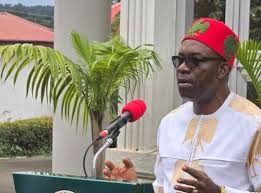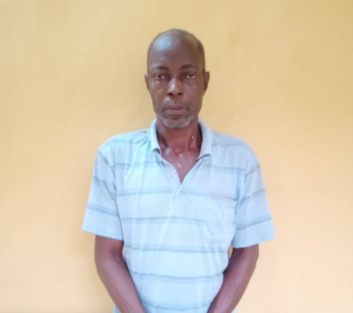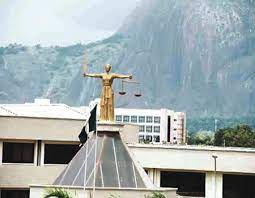The Governor of Anambra State, Chukwuma Charles Soludo, has responded to U.S. President Donald Trump’s recent threat of military intervention in Nigeria over the alleged persecution and killing of Christians.
Speaking to the media on Sunday, November 2, Soludo emphasized that Nigeria’s security challenges are far more complex than a simple conflict between Muslims and Christians. He criticized Trump’s remarks as a distortion of the realities on the ground and urged the Nigerian government to rely on diplomatic dialogue rather than confrontation.
“The security challenges in Nigeria go beyond a conflict between Muslims and Christians. Trump’s threat to ‘protect Christians in Nigeria’ distorts the actual issues on the ground,” Soludo said.
He added that any foreign assistance should come through formal cooperation, such as requests for military technology or equipment—not external threats. Drawing a comparison, Soludo pointed out the absurdity of African nations threatening the U.S. over racial injustices, referencing the #BlackLivesMatter protests:
“I remember the #BlackLivesMatter protest… would somebody say maybe Africa should invade America because blacks are being killed? I’m not quite sure,” he said.
Soludo stressed that national dialogue is the most effective way to achieve lasting peace. He called for unity, mutual understanding, and accurate representation of facts in international discussions:
“It must end in conversation, and I am sure the government of Nigeria will respond robustly. Nigeria is such a big country, and the government is doing a whole lot to safeguard it.”
The governor also acknowledged the U.S.’s right to express opinions but emphasized that any action must respect Nigeria’s sovereignty and comply with international law:
“America has the right to have its own views about what is going on elsewhere. But when it comes to what it does, I am sure it must act within the realm of international law.”
Trump’s comments, posted on Truth Social, threatened to “go into Nigeria guns-a-blazing” if the killings continued, instructing the U.S. Department of War to “prepare for possible action.” The statement sparked global outrage and condemnation from Nigerian officials, who labeled it as inflammatory and unhelpful.




